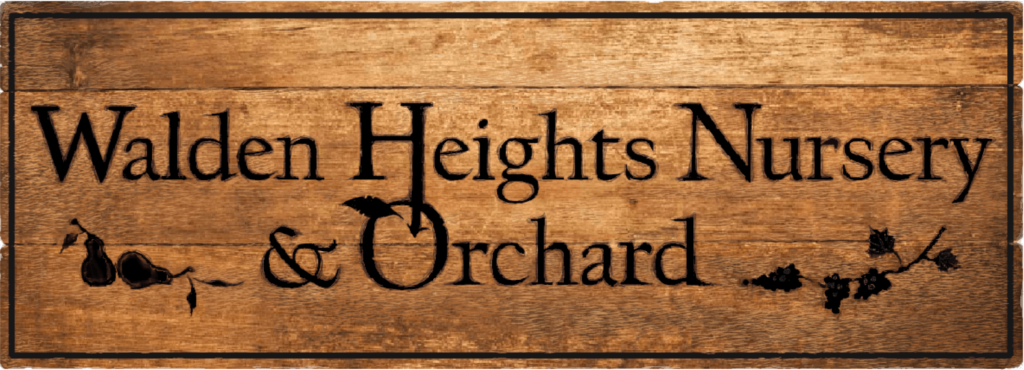Growing your own food may not just be a way to fill our plates more economically, it may be the only way to obtain healthy and sustainable food with certainty. While it is apparent that grocers now stock their shelves with organic products, a sight unimaginable only a few years ago, it is still a very tiny fraction of the volume of food we consume in the United States. According to the last census, less than ¾ of a percent of the US food market is organic. Yes, that means that 99.25 or more is conventionally grown. This is not what seems apparent given the media attention to the so called explosion of the organic food market.
Another consideration is exactly what those organic products represent. A good deal of produce is shipped to us in the northeast from California, and often overseas. More than half of all organic produce is shipped over 100 miles, and 20 percent over 500. This calls into question the sustainability question firstly, as many of us organic supporters are also sensitive to environmental and sustainability issues. It should also be obvious to all that policing the practices of farmers in far off countries is likely impossible to any degree of quality.
There certainly is room for improvement in this country. The US has a bit over 14,000 organic farms. That may sound like a lot, but in comparison Mexico has around 170,000. Respect must be handed to our southern neighbor, but for us, perhaps, embarrassment. The United States has never been an example of healthy habits…quite the opposite. It is however frustrating for this organic farmer to listen to all the accolades we bestow on ourselves for some sort of health epiphany, when in reality our people neither farm or eat healthy in any meaningful way. It is a select few growers and supporters surrounded by a sea of old and unhealthy habits.
The organic farms that do exist also have the same pressures that affect other farms and businesses. Namely, that is profitability. The course, of course, is for small farm numbers to decrease, as consolidation and farm size increases, ie farm profitability by volume. This can still mean healthier food, but it also means most often a decrease in sustainability, especially with the use of fossil fuels. The mechanization also means a net loss in jobs. According to the USDA census, the number of organic farms has decreased in recent years (an example is the 400 farm decrease from 2008 to 2014), due both to small organic farms going under, and consolidation and increase of larger entities. Even though there are increasingly more large scale farms in the organic sector, the total acreage in the US under organic management has been decreasing by many thousands of acres a year. Value added products during the period, incidentally, more than tripled. So, a large percent of the increase in organic food consumption (published as a 74 percent increase in the last decade) was in the form of processed foods, arguably less healthy than conventional whole foods.
So, how does this all affect an individual or family that wants to both eat well, and do the right thing as a steward of this planet? Any product that has such a small market share is vulnerable to high pricing, and to lack of availability. This, for many means lack of short term sustainability. It means most markets will not carry many organic foods, will have a long shelf life waiting for customers to buy them, and the prices will be higher. It perhaps more importantly means that both conventional and organic food come at a high environmental cost, since even organic farming by and large supports the heavy use of fossil fuels on farm, distant transportation, and energy intensive mechanization. Most often the only way to really insure a farmer is acting according to your ethics, is to have a relationship with him or her. Some organizations like the certification body for organic certification can help by setting up some arbitrary ground rules, and some (small) degree of policing. The only other way is to grow it yourself, in a community space or at home.
Growing food yourself, in addition to the empowerment and fulfillment itself, is an ironclad way of farming or gardening exactly as your ethics and health concerns dictate. This means no compromising or mysteries. The work you do will likely save you a good deal of money while accomplishing your goals.
—above figures derived from the US Census of Agriculture

